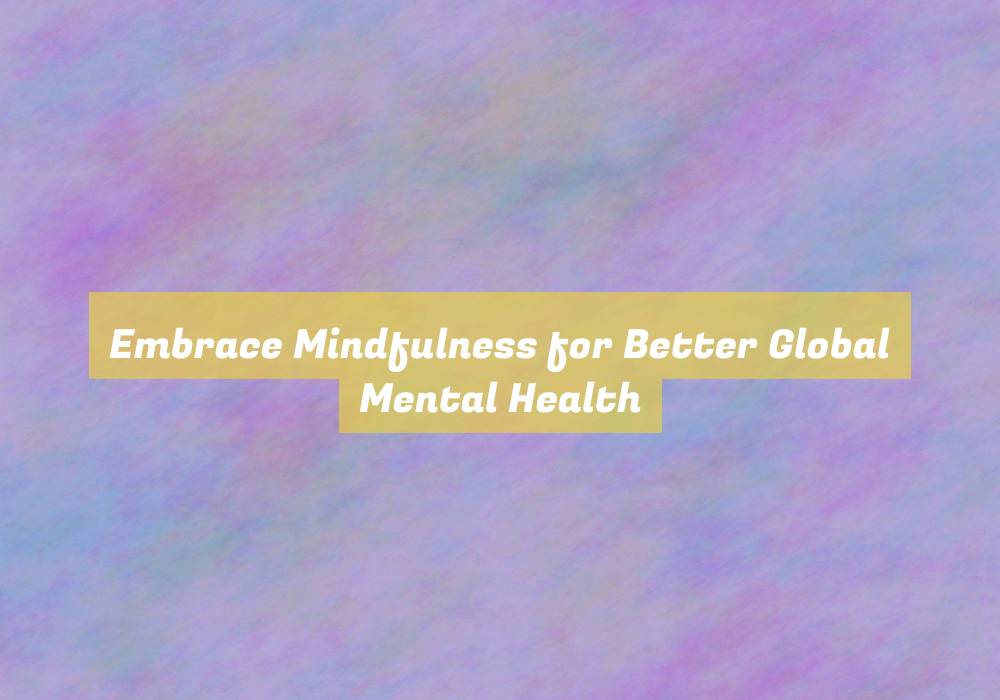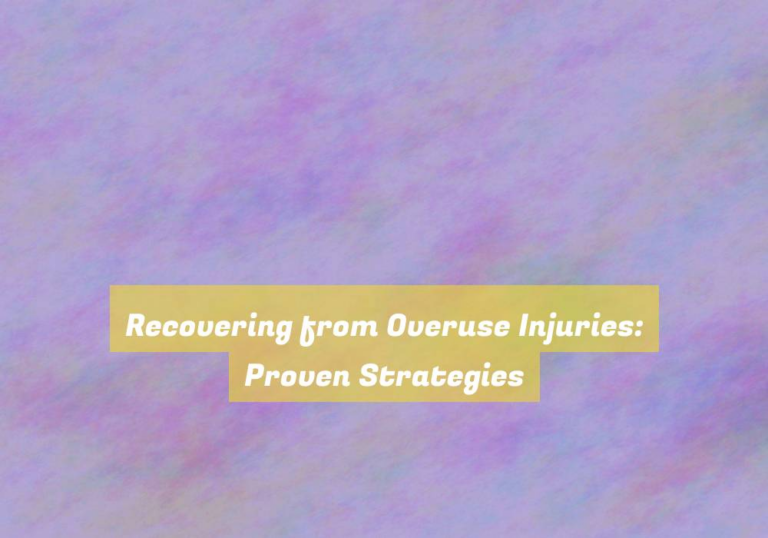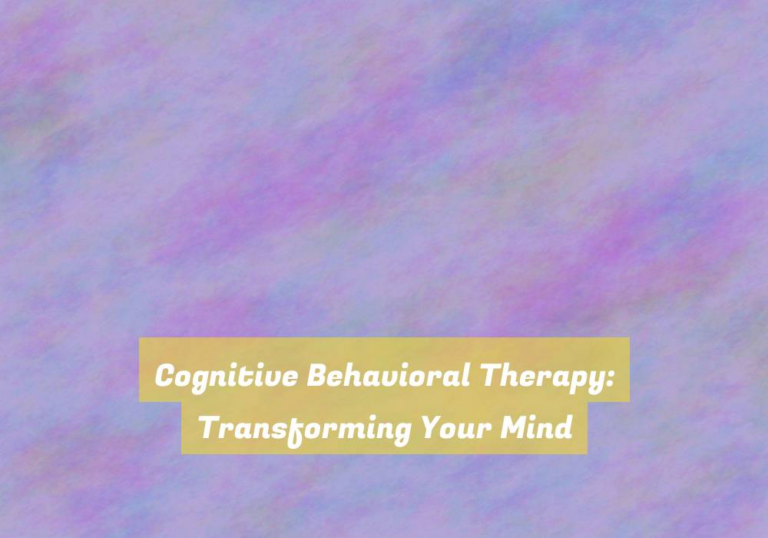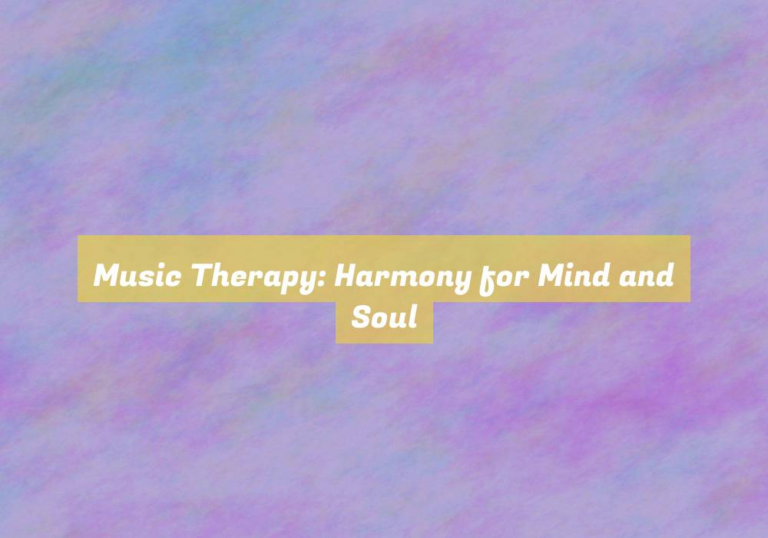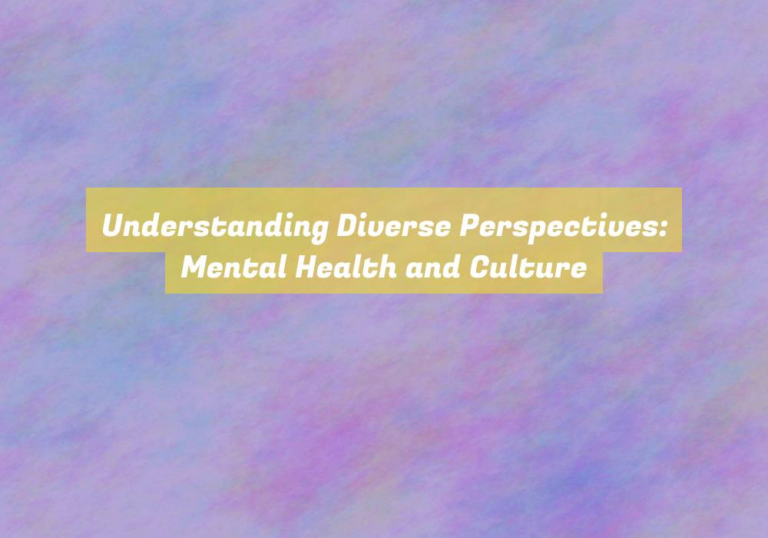Embrace Mindfulness for Better Global Mental Health
Imagine a world where the storms of the mind are calmed, and the skies of mental well-being are clear and bright. Embracing mindfulness is not just a personal journey; it holds the potential to transform the global landscape of mental health.
As you navigate through the complexities of modern life, you may find yourself seeking solace from the relentless pressures and anxieties that seem to be ever-present. But what if there was a way to approach these challenges with a sense of peace and clarity?
The path to better global mental health may very well lie in the practice of mindfulness.
Understanding the Global Mental Health Crisis
Understanding the global mental health crisis requires acknowledging the complex interplay of social, economic, and cultural factors impacting individuals around the world. Stressors such as poverty, unemployment, discrimination, and trauma can significantly impact mental well-being. In some cultures, there may be stigma surrounding mental health issues, leading individuals to suffer in silence. ItG??s essential to recognize that mental health isnG??t just an individual issue but is deeply intertwined with societal norms and structures.
Globalization has also brought about rapid changes, leading to increased stress and anxiety for many. The pressure to adapt to a fast-paced, interconnected world can take a toll on mental health. Moreover, the prevalence of social media and technology has transformed the way we interact, often creating feelings of isolation and inadequacy.
The Power of Mindfulness Practices
The impact of societal stressors and rapid changes on global mental health underscores the importance of embracing mindfulness practices as a means of promoting well-being and resilience.
Mindfulness, rooted in ancient contemplative traditions, has gained recognition in modern psychological approaches for its potent effects on mental health. Engaging in mindfulness practices, such as meditation, deep breathing, and body scans, can help anchor you in the present moment, fostering a sense of calm and clarity amidst lifeG??s challenges.
These practices enable you to observe your thoughts and feelings without judgment, allowing you to respond to stressors with greater resilience and emotional regulation. Research has shown that regular mindfulness practice can lead to reduced levels of anxiety, depression, and overall psychological distress. Moreover, it can enhance cognitive function, improve emotional intelligence, and strengthen the immune system.
Integrating Mindfulness Into Daily Life
To incorporate mindfulness into your daily life, start by setting aside a few minutes each day for simple meditation or deep breathing exercises. Find a quiet, comfortable space where you can sit or lie down without distractions. Close your eyes and focus on your breath, inhaling and exhaling deeply. Notice the sensation of air entering and leaving your body. If your mind starts to wander, gently bring your attention back to your breath. As you become more comfortable with this practice, try to extend the time you spend in meditation.
In addition to dedicated meditation time, bring mindfulness into your daily activities. Whether youG??re eating, walking, or even washing dishes, try to be fully present in the moment. Pay attention to the sights, sounds, and sensations around you. Engage your senses and let go of any racing thoughts about the past or future.
Cultivating Compassion and Resilience
Cultivating compassion and resilience can be a natural extension of integrating mindfulness into your daily life, fostering a deeper sense of empathy and inner strength. By practicing mindfulness, you become more attuned to your own emotions and experiences, which can then translate into a heightened awareness of the struggles and suffering of others. This increased empathy forms the foundation for cultivating compassion towards yourself and those around you.
As you develop a compassionate attitude, youG??re better equipped to navigate the challenges that life presents, building resilience in the face of adversity. Embracing mindfulness allows you to observe your thoughts and feelings without judgment, providing a solid grounding that can help you weather difficult situations. This ability to remain present and non-reactive in the face of stress fosters resilience, enabling you to bounce back from setbacks and maintain a positive outlook.
Cultivating compassion and resilience through mindfulness empowers you to not only cope with lifeG??s difficulties but also to support others in their struggles, contributing to a more empathetic and resilient global community.
Conclusion
Take the time to embrace mindfulness and make it a part of your daily routine.
By practicing mindfulness, you can cultivate compassion and resilience, which are essential for better global mental health.
Remember, small actions can have a big impact.
So, take a moment to breathe, be present, and embrace the power of mindfulness for your own well-being and for the well-being of the world around you.

